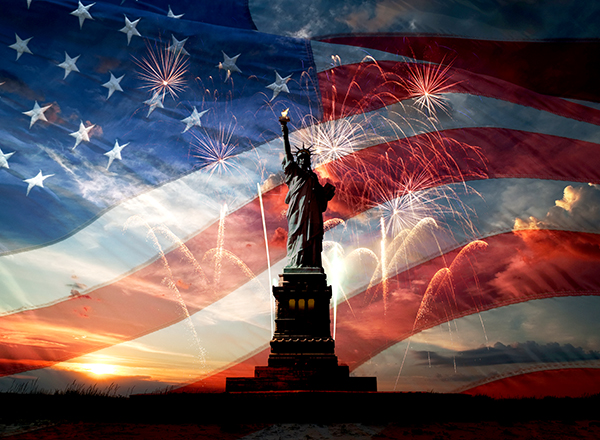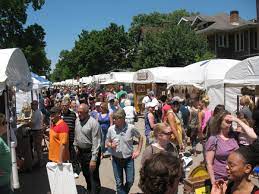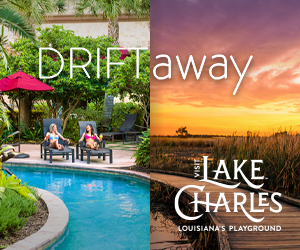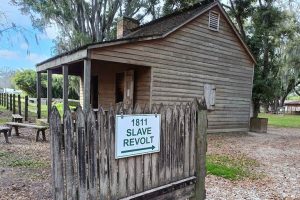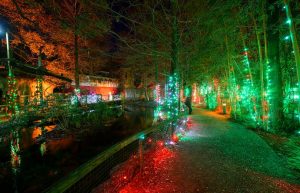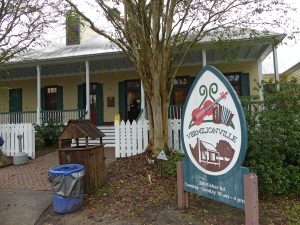2025 Is Year Of Food
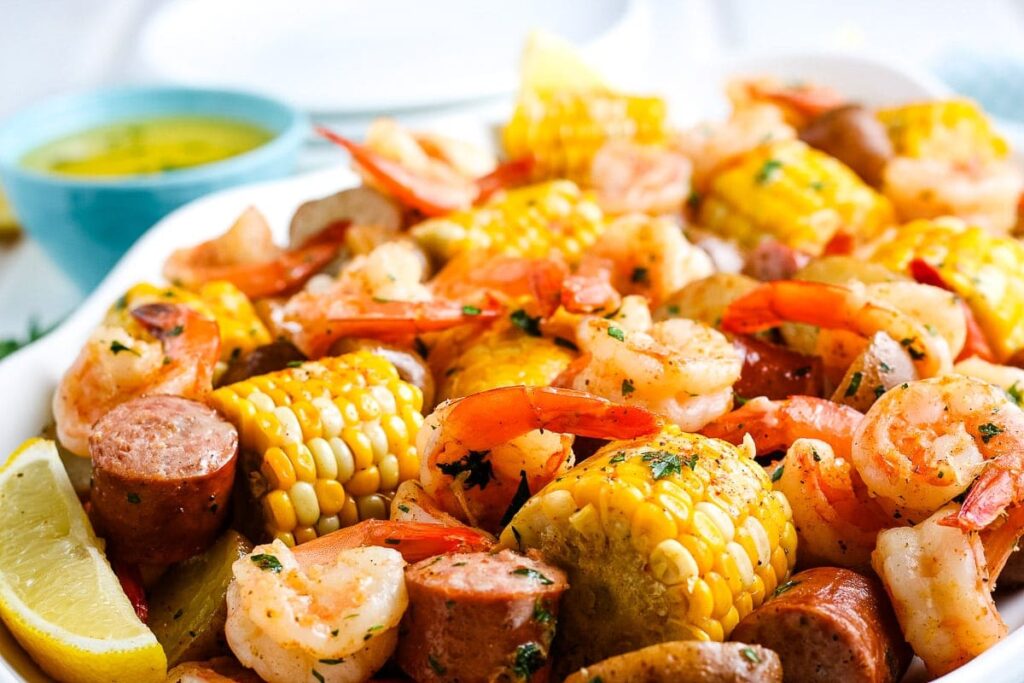
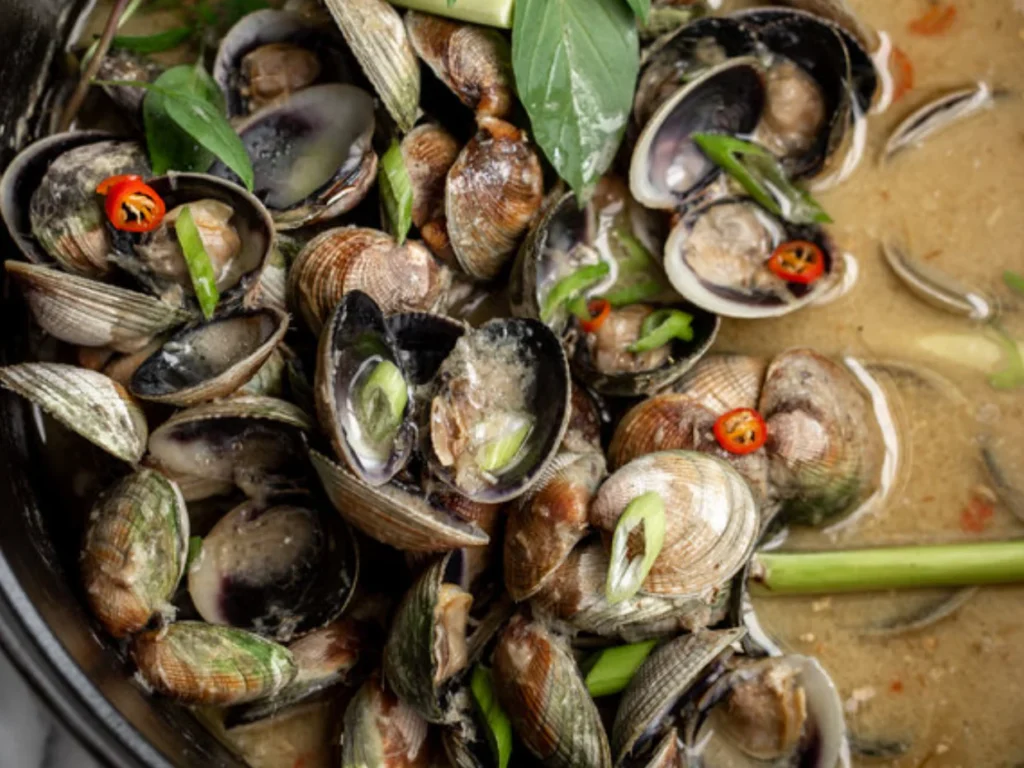 To learn more about Louisiana’s culinary culture, festivals and where you can taste signature Louisiana dishes, visit FindYourLouisianaFlavor.com.
To learn more about Louisiana’s culinary culture, festivals and where you can taste signature Louisiana dishes, visit FindYourLouisianaFlavor.com.
Music, Music, and More Music
As the birthplace of jazz, Cajun and zydeco music, Louisiana’s music is one of the Bayou state’s defining characteristics. Louisiana’s also had powerful impacts on blues, country, rock, R&B, swamp pop, hip-hop, gospel – you name it and Louisiana is dancing to it.
“We have an incredible amount of musical talent in Louisiana, and every year it attracts visitors from all over the world,” said Lieutenant Governor Billy Nungesser. “All throughout 2024 we’re going to be inviting people to come and hear our great music in person at music venues all across the state.”
The state participates in events such as the CMA Fest in Nashville and DC Jazz Festival in Washington D.C. Louisiana is also working with Louisiana-based artists on a series of social media takeovers for these talented music ambassadors to share what they love about Louisiana and what inspires their music and writing.

Louisiana Music Trail
Learn more about Louisiana’s music history, hear it for yourself and find out more about where you can find us as we tour the country celebrating and sharing the sounds of Louisiana. The “Year of Music” also coincides with the launch of the Louisiana Music Trail, which celebrates all the genres of music Louisiana has impacted, the artists of Louisiana, historical sites, music venues and more.
“The music trail is a great opportunity to share our musical history and culture with the world,” said Assistant Secretary of Tourism Doug Bourgeois. “Through exploring the trail visitors can discover hidden gems and gain a deeper appreciation of Louisiana’s impact on a huge variety of musical genres.”
Jazz
 A multi-cultural blend of African and African American and musical concepts, jazz hearkens to the rhythmic fluidity of genres like zydeco. New Orleans jazz artists — think Louis Armstrong — have changed the global course of music with their talent, passion and authenticity. On New Orleans, where the French ruling class lived in fear of slave rebellions, cultural expression was allowed as a safety valve for tensions that otherwise might lead to a revolt. Louisiana jazz musicians have excelled in numerous modern styles — such as swing and be-bop — that do not have uniquely local roots.
A multi-cultural blend of African and African American and musical concepts, jazz hearkens to the rhythmic fluidity of genres like zydeco. New Orleans jazz artists — think Louis Armstrong — have changed the global course of music with their talent, passion and authenticity. On New Orleans, where the French ruling class lived in fear of slave rebellions, cultural expression was allowed as a safety valve for tensions that otherwise might lead to a revolt. Louisiana jazz musicians have excelled in numerous modern styles — such as swing and be-bop — that do not have uniquely local roots.
Blues
 Explore the blues in Louisiana, the basic bedrock component of American popular music. Since the latter nineteenth century it has flourished in its own right, while deeply influencing various jazz, rhythm & blues, rock, Cajun-zydeco and country-music styles. Broadway musicals, classical compositions and rap songs have also touched on the blues. The blues partially evolved from African-American folk tradition. Field hollers, sung solo, served as personal laments and presented social commentary. Verses were rarely uniform in length, and bent and stretched notes were common. These African-rooted traits diverge from the standardized structures of Western music. While some field-holler and work-song lyrics were improvised, many drew from “floating verses” that appeared in numerous other songs, in varying combinations. This tradition remains prominent in blues and other genres to this day.
Explore the blues in Louisiana, the basic bedrock component of American popular music. Since the latter nineteenth century it has flourished in its own right, while deeply influencing various jazz, rhythm & blues, rock, Cajun-zydeco and country-music styles. Broadway musicals, classical compositions and rap songs have also touched on the blues. The blues partially evolved from African-American folk tradition. Field hollers, sung solo, served as personal laments and presented social commentary. Verses were rarely uniform in length, and bent and stretched notes were common. These African-rooted traits diverge from the standardized structures of Western music. While some field-holler and work-song lyrics were improvised, many drew from “floating verses” that appeared in numerous other songs, in varying combinations. This tradition remains prominent in blues and other genres to this day.

Cajun music is an accordion- and fiddle-based, largely francophone folk music originating in southwestern Louisiana. Most people identify Cajun music with Louisiana’s Acadian settlers and their descendants, the Cajuns, but this music in fact refers to an indigenous mixture with complex roots in Irish, African, German, Appalachian as well as Acadian traditions. Cajun music has historically been influenced by Western swing, rock ‘n’ roll and country music. Accordions are the loudest instrument in Cajun music and often begin and end any particular song. Along with the diatonic accordion, the fiddle is the instrument most central to Cajun music.
Gospel
 Due to the widespread appeal of gospel music among secular audiences, New Orleans has long been celebrated for its iconic jazz brunches. The House of Blues pioneered the concept of the gospel brunch—a vibrant, family-friendly event featuring a full buffet and an omelet station. Doors open at 10 a.m., with the show starting at 10:20 a.m. on Sunday mornings. No discussion of gospel music in New Orleans would be complete without recognizing the Zion Harmonizers, one of the city’s oldest and most cherished groups. Founded by Benjamin Maxon, the group was later led by the much-loved Sherman Washington, who took over in 1942 and remained its leader until his passing on March 14, 2011. Known for their traditional gospel quartet style and acapella performances, today’s members continue to honor the rich legacy of their predecessors. Gospel music resonates from churches across Louisiana and finds its place at festivals and clubs. Hymns like “I’ll Fly Away” are played by brass bands on the streets of New Orleans, while gospel classics have been recorded by celebrated artists like Aaron Neville, who featured them on his 2010 album “I Know I’ve Been Changed.” Even in sports, gospel influences shine through, as football fans rally with “When the Saints Go Marching In,” demonstrating the profound, diverse, and captivating nature of Louisiana’s musical heritage.
Due to the widespread appeal of gospel music among secular audiences, New Orleans has long been celebrated for its iconic jazz brunches. The House of Blues pioneered the concept of the gospel brunch—a vibrant, family-friendly event featuring a full buffet and an omelet station. Doors open at 10 a.m., with the show starting at 10:20 a.m. on Sunday mornings. No discussion of gospel music in New Orleans would be complete without recognizing the Zion Harmonizers, one of the city’s oldest and most cherished groups. Founded by Benjamin Maxon, the group was later led by the much-loved Sherman Washington, who took over in 1942 and remained its leader until his passing on March 14, 2011. Known for their traditional gospel quartet style and acapella performances, today’s members continue to honor the rich legacy of their predecessors. Gospel music resonates from churches across Louisiana and finds its place at festivals and clubs. Hymns like “I’ll Fly Away” are played by brass bands on the streets of New Orleans, while gospel classics have been recorded by celebrated artists like Aaron Neville, who featured them on his 2010 album “I Know I’ve Been Changed.” Even in sports, gospel influences shine through, as football fans rally with “When the Saints Go Marching In,” demonstrating the profound, diverse, and captivating nature of Louisiana’s musical heritage.
 Extended Weekend Getaways
Extended Weekend Getaways 